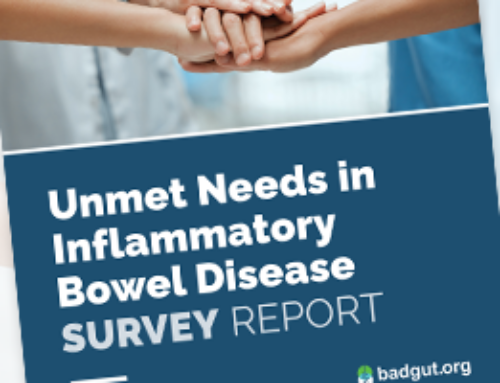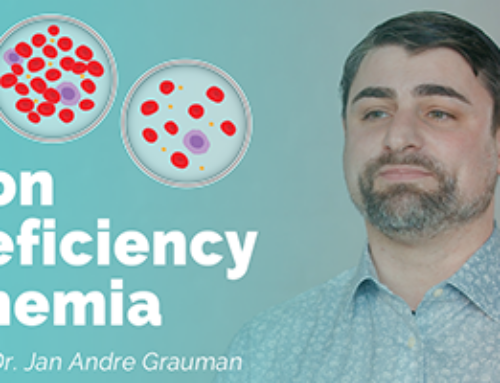Don’t Blame the Patient
There is a tendency to rush to judgement when we learn someone has been diagnosed with a disease. Someone gets cancer, we ask, “Did they smoke?”; someone is living with obesity, we ask, “Have they no willpower?”; someone is infected with HIV, we ask, “Did they have risky sex?”; someone is struggling with addiction and resulting homelessness and we ask, “Why don’t you get a job?”; and someone shows up at the ER with a twisted ankle and we say, “You should be more careful.”
I was at a CSIR booth at a wellness show years ago and we had a display about inflammatory bowel disease (IBD). A tall, fit, bald man came along and said he knew that the cure for IBD was eating properly. In one of my sassier moments, I asked him if he ate well, and he said, smugly, “Of course I do!” It was a wellness show, after all. So, I asked him why he was still bald! He walked away with a confused look on his face. Something to think about?
No matter how healthy your diet, we all have genetic variances, experience injury, disease, aging, and we die. While eating well is a key component to health, it is not the only one. Diseases and disorders aren’t cured by eating well, but they can often be improved. All precautions we take to eat a balanced diet could still result in infection or illness.
Exercise is also important, but we need to avoid an ableist attitude by judging someone who is sedentary. There could be issues you cannot see, such as chronic pain, which affects being able to move more.
Addiction is another area where judgement is high. We need to consider that all behaviour has meaning and there are many factors that contribute to addiction, most of which are rooted in mental health.
A person is often powerless to fix their condition without medical attention. If someone feels judged by their medical condition, they might be reluctant to seek care, which pushes the issue further from resolution. These days, with healthcare in crisis in Canada and around the world, it is increasingly challenging to access primary care, and even more difficult to get care for mental health.
Sometimes a person waits months and even years before seeking help for a health problem. This delay can worsen a condition, so seeking healthcare early is preferable. However, with the current stresses on our lives as we live through a pandemic, our public healthcare system is so strained it has become completely inadequate, with wide variances in services from coast to coast to coast. While understanding that there are pressures in healthcare is vital, we need to pay close attention to ways we can help fix it.
At the Gastrointestinal Society, in our concern for patients as the pandemic evolves, we began intimate conversations with those we serve who have a variety of infections, diseases, and disorders affecting their digestive systems.
Working with individuals who are living with various gastrointestinal conditions is humbling. The journey for one specific person is clearly unique. We have been capturing some of the more common paths, but are very aware that these journeys might not be reflective of your experience.
The last thing someone needs when they are ill is judgement. Our fellow human beings need care and understanding. Support, not criticism. Kindness, not indifference.






